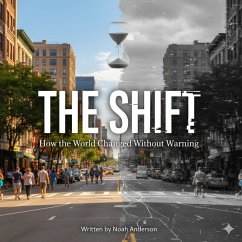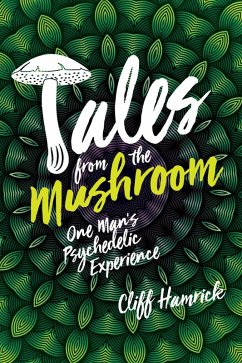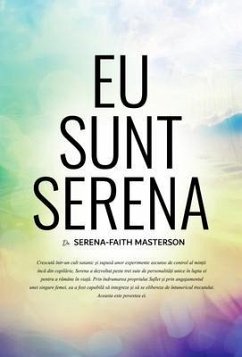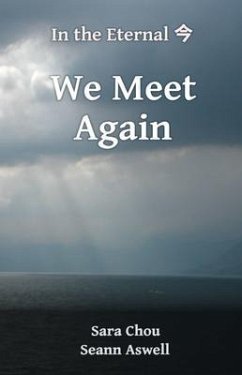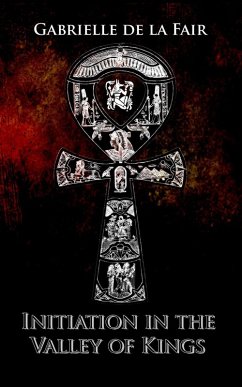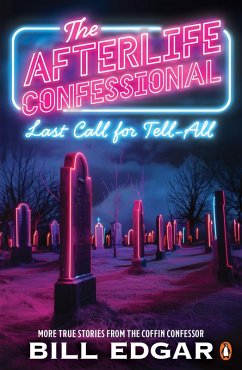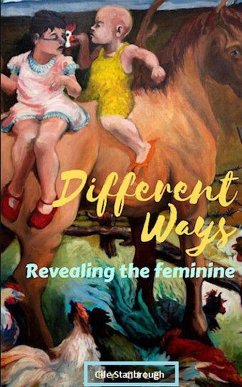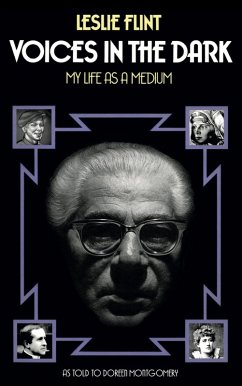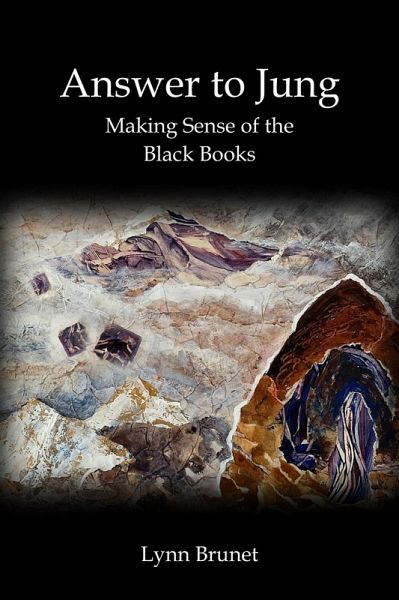
Answer to Jung Making Sense of the Black Books (eBook, ePUB)

PAYBACK Punkte
0 °P sammeln!
'The Black Books 1913-1932', on which C. G. Jung based 'The Red Book', portray an internal journey of extraordinary intensity. It begins with the joy of returning to his lost or abandoned soul but then quickly descends into a series of combative interchanges with his soul and other inner characters. But what are these arguments about? And is this really his soul talking? In 'Black Book 6' he presses his soul to provide a glimpse into what lies behind his active imaginations. She answers with a series of questions: "Temples in deserts? Secret societies? Ceremonies? Rituals? Colorful robes? Gold...
'The Black Books 1913-1932', on which C. G. Jung based 'The Red Book', portray an internal journey of extraordinary intensity. It begins with the joy of returning to his lost or abandoned soul but then quickly descends into a series of combative interchanges with his soul and other inner characters. But what are these arguments about? And is this really his soul talking? In 'Black Book 6' he presses his soul to provide a glimpse into what lies behind his active imaginations. She answers with a series of questions: "Temples in deserts? Secret societies? Ceremonies? Rituals? Colorful robes? Golden images of Gods of terrible aspect?"
'Answer to Jung: Making Sense of the Black Books' examines Jung's journals in the context of current psychological concepts of trauma, dissociation, and the formation of introjects, or internal copies of abusers. It continues the thesis of the author's previous study, 'Answer to Jung: Making Sense of The Red Book', which argues that Jung's active imaginations represent traces of an excruciating initiatory process based on distorted versions of Masonic rites that he appears to have undergone in his childhood and youth. It demonstrates that Jung's abusers have also drawn on a particular set of Masonic teachings, Albert Pike's 'Morals and Dogma', twisting them in ways to create intense confusion, sinister magical scenarios and further terror. We know that Jung told Freud in 1907 that he was sexually abused as a boy; this study and the previous 'Answer to Jung' demonstrate that he may have also been ritually abused.
Lynn Brunet is an Australian art historian whose research examines the coupling of trauma and ritual in modern and contemporary Western art and literature. In particular, it traces the connection between Masonic and other fraternal initiation rites and complex trauma in the work of so-called "tortured" artists and writers.
'Answer to Jung: Making Sense of the Black Books' examines Jung's journals in the context of current psychological concepts of trauma, dissociation, and the formation of introjects, or internal copies of abusers. It continues the thesis of the author's previous study, 'Answer to Jung: Making Sense of The Red Book', which argues that Jung's active imaginations represent traces of an excruciating initiatory process based on distorted versions of Masonic rites that he appears to have undergone in his childhood and youth. It demonstrates that Jung's abusers have also drawn on a particular set of Masonic teachings, Albert Pike's 'Morals and Dogma', twisting them in ways to create intense confusion, sinister magical scenarios and further terror. We know that Jung told Freud in 1907 that he was sexually abused as a boy; this study and the previous 'Answer to Jung' demonstrate that he may have also been ritually abused.
Lynn Brunet is an Australian art historian whose research examines the coupling of trauma and ritual in modern and contemporary Western art and literature. In particular, it traces the connection between Masonic and other fraternal initiation rites and complex trauma in the work of so-called "tortured" artists and writers.
Dieser Download kann aus rechtlichen Gründen nur mit Rechnungsadresse in A, B, CY, CZ, D, DK, EW, E, FIN, F, GR, H, IRL, I, LT, L, LR, M, NL, PL, P, R, S, SLO, SK ausgeliefert werden.




